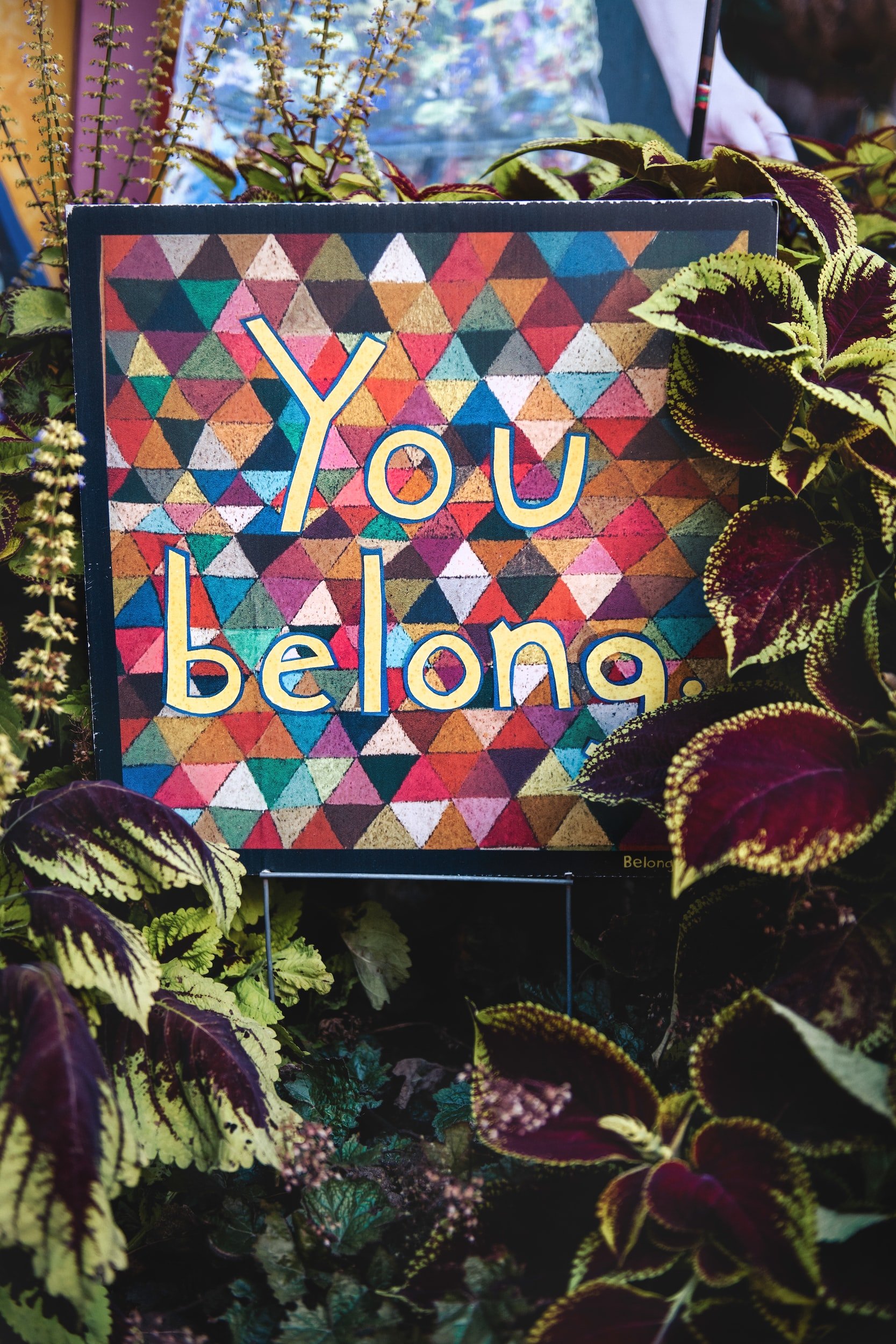Intersectional Insight?
What does that mean?
Great Question! Intersectionality was a term first coined by Kimberlé Crenshaw in 1989. It is a concept that recognizes how different forms of discrimination (such as racism, sexism, homophobia, and classism) intersect and overlap to create unique experiences of oppression and discrimination.
Crenshaw said that intersectionality is important because it allows us to understand how individuals experience multiple forms of oppression at once and how this can lead to unique forms of discrimination and disadvantage.
At Intersectional Insight, we utilize intersectional approaches to therapy to understand your individual experiences and how they intersect with the larger society, and then help you to explore how you can find strength and resilience in your unique identity.
This approach takes into account the various identities and systems of oppression that you may experience, such as race, gender, sexuality, class, and disability. It also acknowledges the way these identities can interact with each other and shape a person’s mental health experience.
Inviting mental healthcare
As clinical social workers, we strive to offer understanding, support, and empathy to all of our clients. We understand that everyone has flaws and imperfections, and that is a part of being human.
We aim to create a judgment-free environment where you feel safe to express yourself without fear of being judged or shamed. We believe that everyone has the potential to learn and grow from their experiences and make positive changes in their lives.
A Decolonizing approach
We feel it is important to recognize the unique issues faced by Gender Expansive People, Women, Black, Indigenous and People of Color (BI-POC) as well as LGBTQIA2S+ folks and those living with disabilities.
We do this through intentional learning that doesn't rely on anyone with lived experiences outside our own to be our teachers. By reflecting on our own experiences, engaging in self-reflection, and engaging in dialogue with colleagues we become more aware of our implicit biases as well as active or passive roles in oppression.
Most importantly your voice is valued. We welcome feedback on your experiences with us as we work together to create a meaningful therapeutic relationship.
Knowledge Base
We believe it is important to have a variety of knowledge from ancestral to modern education. Ancestral knowledge can include traditional practices and teachings that have been passed down for generations. Modern education can include the most up-to-date knowledge and research on a variety of topics.
By drawing from both ancestral and modern knowledge, we can ensure that our clients are receiving the most comprehensive and effective service possible.



